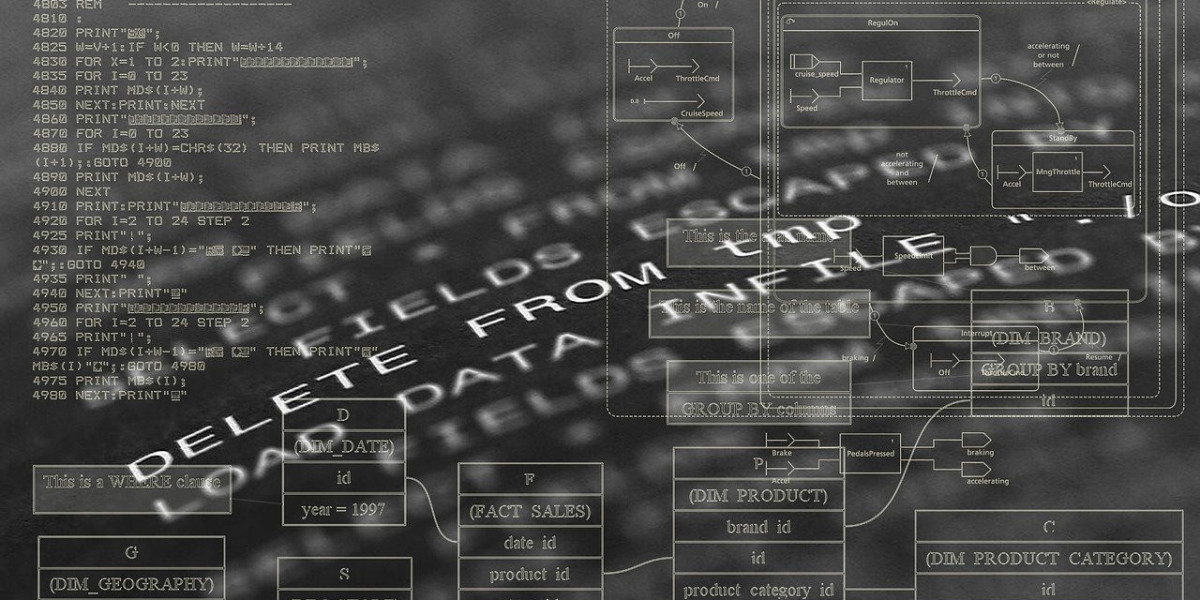Java's main() method serves as the entry point for executing Java programs. It plays a pivotal role in initiating the execution of a Java application.
The main() method is declared as a public static void main string args and accepts a String array called args as a parameter. This choice of declaration is crucial for several reasons.
First, the main() method is public for global access. Declaring it public allows the Java Virtual Machine (JVM) to execute Java programs. The public access modifier lets the JVM call the main() function from outside its class.
Second, the main() method is static to prevent class instantiation. The JVM loads the class and calls main() before creating instances if main() is static.
While the main() method's declaration as public static void main string args might seem rigid, it is a fundamental requirement for the JVM to execute Java programs effectively.
Understanding and adhering to this declaration ensures the successful execution of Java applications.
Importance of Declaring main() as public
The declaration of the main() method as public in Java is of paramount importance due to several reasons.
The JVM can find and invoke the main() function even if it's in a different class because it's declared "public". The JVM needs this accessibility to start a Java program.
The JVM cannot access the main() method without the public declaration, preventing the program from starting.
The public access feature also allows the main() method to be called outside its class. It lets operating systems, other programs, and user interfaces access the Java program's main() method.
Encapsulation, which encloses program activity in classes and controls access, supports making the main() method public. By making the main() method public, external entities like the JVM can communicate with the program in a standard way.
Role of static in main()
Java's main() method declaration relies on "static". The Java Virtual Machine (JVM) can call the static main() function without creating a class object.
The static keyword specifies that the main() method belongs to the class rather than an instance. Declaring the main() function static allows the JVM to execute it before any objects are created.
The static main() function saves memory. The context stores static methods and data when a class is loaded. Static main() methods are loaded into the JVM context and ready for execution.
Moreover, the static keyword facilitates the invocation of the main() method from outside the class it belongs to.
It ensures that the JVM can locate and call the main() method directly, as static methods can be accessed without an object reference.
Understanding the void Return Type
Java's main() function returns nothing after it finishes. Because it starts Java programs, the main() function must return nothing.
The JVM calls the main() function to start the program and coordinate its flow. The Java program ends when the main() finishes.
Any return statement or return value for the main() function is worthless. As the main() method does not return a value, the execution flow is simplified.
The void return type emphasizes that the main() method starts the program, not producing a result.
The main() method sets up the program's environment, handles command-line parameters (represented by the "args" parameter), and facilitates code execution.
Overall, the void return type in the main() method's declaration emphasizes its purpose as a starting point for Java programs and signifies that it does not generate a return value of significance.
Exploring the String[] args Parameter
The main() method in Java includes a parameter called "args," which is represented as a String array (String[]). This parameter plays a crucial role in enhancing the flexibility and functionality of Java programs.
The "args" parameter allows command-line arguments to be passed to the Java program when it is launched. It enables users to provide inputs or configuration parameters that can influence the behavior or execution of the program.
These arguments can be accessed and processed within the main() method, providing a means of customization and adaptability.
The data type "String[]" indicates that the parameter "args" is a string array, with each element in the array representing a command-line argument supplied by the user.
Developers can utilize the arguments provided by accessing the elements of the "args" array to modify program behavior, process input data, or configure the application.
As an illustration, in cases where a program necessitates a filename as an input, users have the option to specify it as a command-line argument during the program's launch.
The main function can retrieve the aforementioned argument from the "args" array and utilize it to execute file operations.
Java programs can enhance their dynamism and adaptability by utilizing the "args" parameter. This enables them to receive external inputs and respond accordingly.
Incorporating an extra level of interaction and customization into the program enhances its versatility for diverse use cases.
Reverse a String in C
To reverse a string in c, you can utilize various techniques and algorithms. One commonly used approach is to iterate over the characters of the string and swap them in a symmetric manner until the entire string is reversed.
In C, the main() function serves as the entry point for the program execution. By declaring it as "public static void main string args," you establish the starting point for the program and enable it to accept command-line arguments.
You can define a character array in the main() function and initialize it with the desired string if you want to reverse a string in c. The characters can then be switched starting at the beginning and end of the array and advancing gradually toward the center using a loop. The reversed string can then be printed to the console.
Conclusion
Conclusively, the main() method in Java is declared as a public static void main string args for specific reasons discussed above.
Overall, these declarations and parameters in the main() method provide the necessary structure and functionality for Java programs, enabling them to serve as entry points for execution and handle command-line arguments efficiently.



